Avoid Frustrations with Cheaters
As commented by many judges, just a small percentage of players who take part in tournaments truly want to cheat to get better results.
To avoid being unfortunate enough to face an opponent like that, we have a few tips on how you can go around these types of situations.
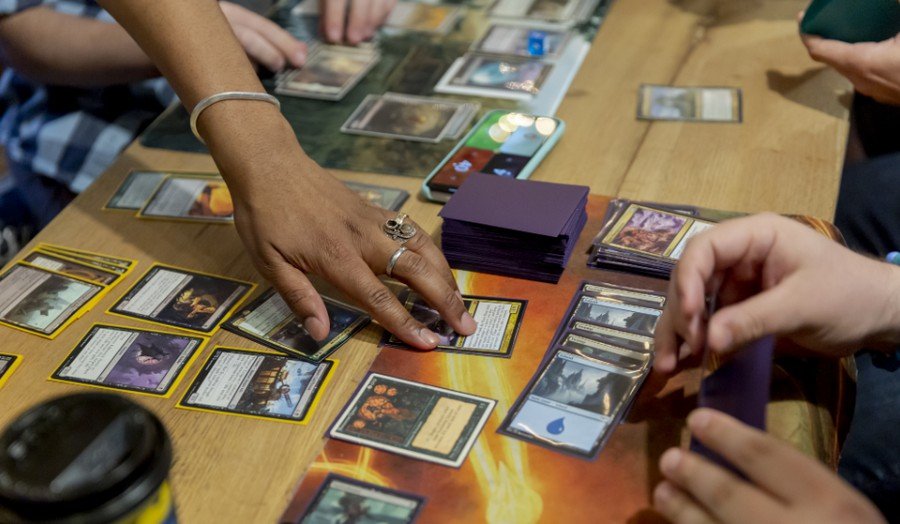
Don't Fear Cheaters!
Most players take part in tournaments or friendly matches with the purpose of having fun. The percentage of players who want to win at any costs and can end up cheating is very small.
Ad
Don't be afraid of having a match ruined by a malicious person. Don't be scared of competing in tournaments just because of this feeling that there will always be people who intend to cheat their way to victory. To avoid this type of situation, there have always been judges, other players and tournament organizers to help you. One person who cheated doesn't mean everyone else will cheat as well!
Always keep in mind a few important pointers, such as:
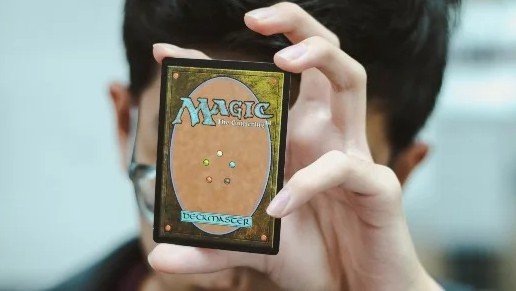
Shuffle your Opponent's Deck
It is very common that many people end up not shuffling their opponent's deck. Malicious people can easily manipulate cards in a deck, so it is important to shuffle your opponent's whole deck. Besides being a gesture of respect, it makes it harder to manipulate cards.
It's worth noting that it is also important to know how your opponent shuffles their own deck, as there are ways of manipulating cards, giving you the feeling that they're being placed randomly, but the cheater is actually placing them in a certain way. Just cutting the deck in 2 won't prevent the manipulator from keeping their cards in a pre-set way.
Through a technique used by magicians, called "fake shuffle", it is possible to manipulate cards at a certain point in the deck, such as the very top or the bottom. Be aware of manipulation tactics such as this one.
If your opponent touches and moves their deck around a lot, it might be a sign that they have malicious intent. They can be trying to find out if the next card is a foil or marked card.
Pay attention if, when shuffling their deck, your opponent tries to take a peek at their own cards. The right thing to do is to look the other way, even if this risks dropping your cards. Keep an eye out for any malicious attempt and let the event's organizers know if you notice anything wrong.
To avoid manipulated decks, here are a few tips:
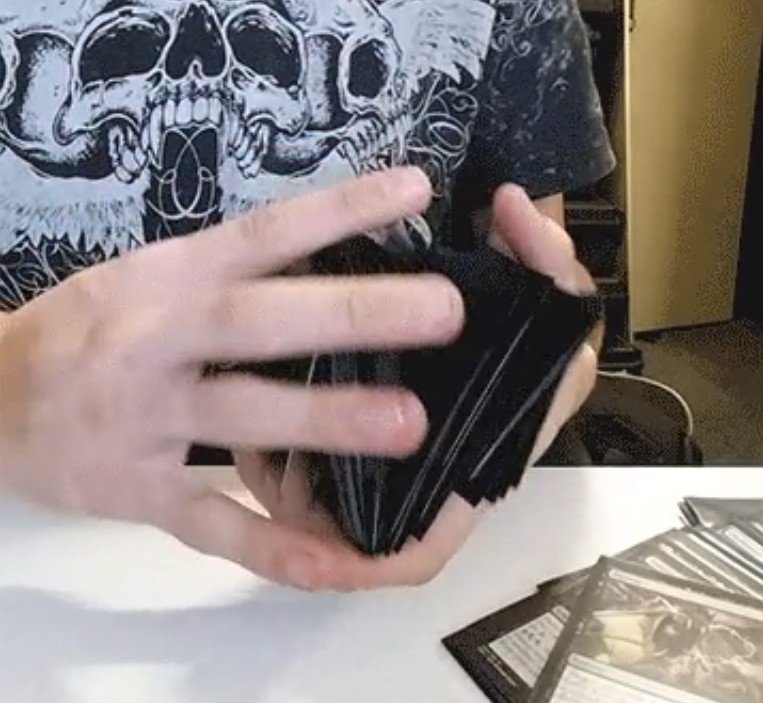
Pay Attention When Your Opponent is Drawing Cards
Always be present in the game. As said by many judges, most cheating cases happen because opportunities to cheat happen randomly throughout matches. Players who get distracted by speaking to people outside the match or in any other way can create these opportunities.
Ad
A distracted player becomes an easy target for cheating opportunities, such as, for instance, the cheater drawing 8 cards in their initial hand, swapping your health total for a value lower than it should be, casting spells at an inadequate mana cost, skipping an unfavorable ability phase...
Any time a draw effect for more than one card is active, ask your opponent to draw cards separately (which is by the book), and continue to ask how many cards they have in their hand. That shows you're paying attention to the game, monitors frauds and gives you a strategic advantage.
Players who are more toxic can draw one less card deliberately to try and disqualify their opponent, claiming to the judge they drew an additional card, so be mindful!
Never let your opponent place cards below the table or in other places outside your view. In famous tournaments, there have been cases of players using cards stuck to their lap, chair or table.
Remember to always pay attention to your opponent's lands to prevent them from playing more than one land a turn, or using cards for a mana cost lower than what they're supposed to.
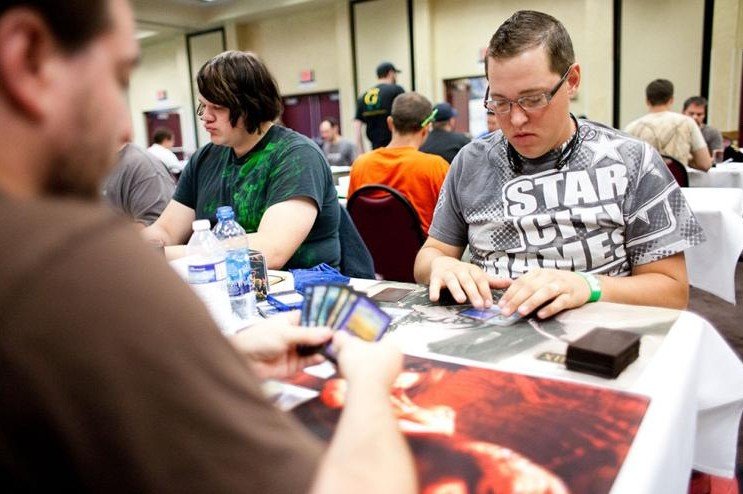
The Old Paper and Pen
One of the simplest ways a person cheats is by swapping life totals to values lower than they should. To protect your points and create a match history, note down both players' health totals on a paper with a pen.
Technology can help you mark down points by using cellphone apps, but these can bug out and reset the whole history, just like data on them can be impacted, and the values registered altered.
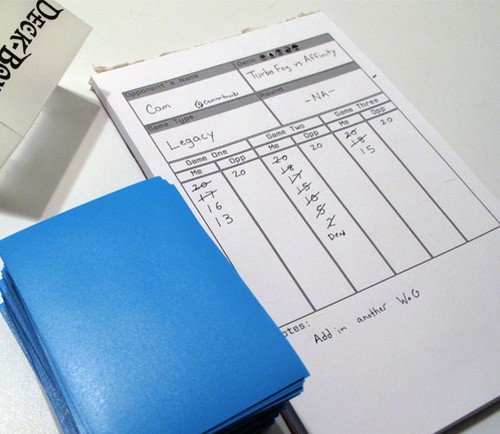
Questioning isn't the Same as Accusing
There are players who are concerned they're coming off as rude when they ask their opponent about a certain play, rule, or even when they call out to the judge. Never be rude and don't accuse your opponents; always keep your poise and create a healthy match environment. There is nothing wrong with wanting to protect yourself and asking judges for help. After all, many things that could be considered cheating, usually, are nothing more than honest mistakes and communication issues.
Judges are your friends, not enemies. Talking to them is an important part of the tournament experience. Use this resource to your favor. Every player should be aware that wrong plays and mistakes happen in such a complex game as MTG, so don't feel threatened when you get a warning if you do make one.
Prefer to speak with the match's judge privately when you notice something wrong. This avoids creating a conflict with your opponent and helps your judge see a suspicious behavior without alerting your opponent, and it is something that can be done during any match.
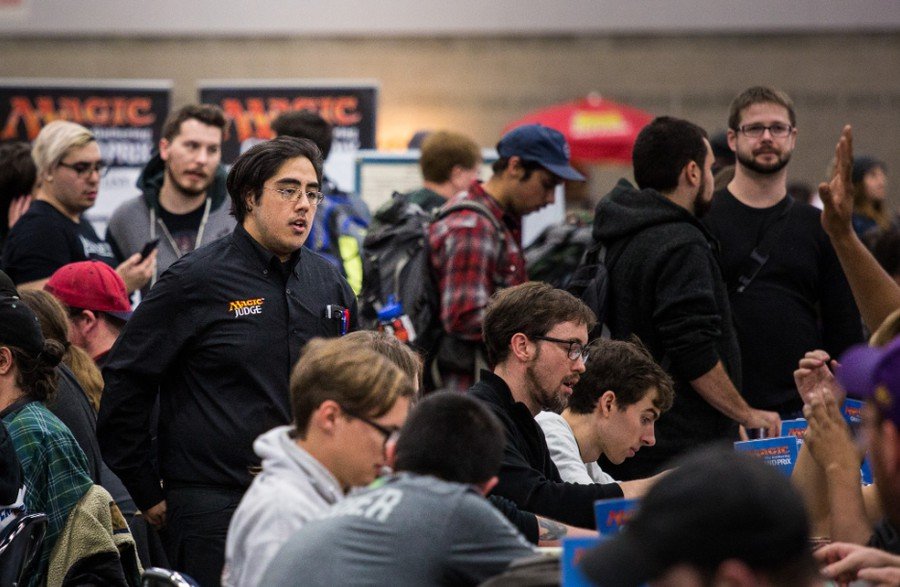
Always Keep your Board Clean
Before starting your match, keep your side clean, with only the necessary pieces to play, and gently ask your opponent to do the same. Malicious people can use more items on the board to distract you and even hide extra cards.
Ad
Remember that players shouldn't be touching their pockets, deck boxes and backpacks. It is perfectly fine to open up your deck box to get a token, but always at the right time and with both players watching. If a player's hands aren't visible, do something to avoid a bad situation.
It's worth stressing that, besides paying attention to your opponent, always keep an eye on your game and follow a few tips, such as:
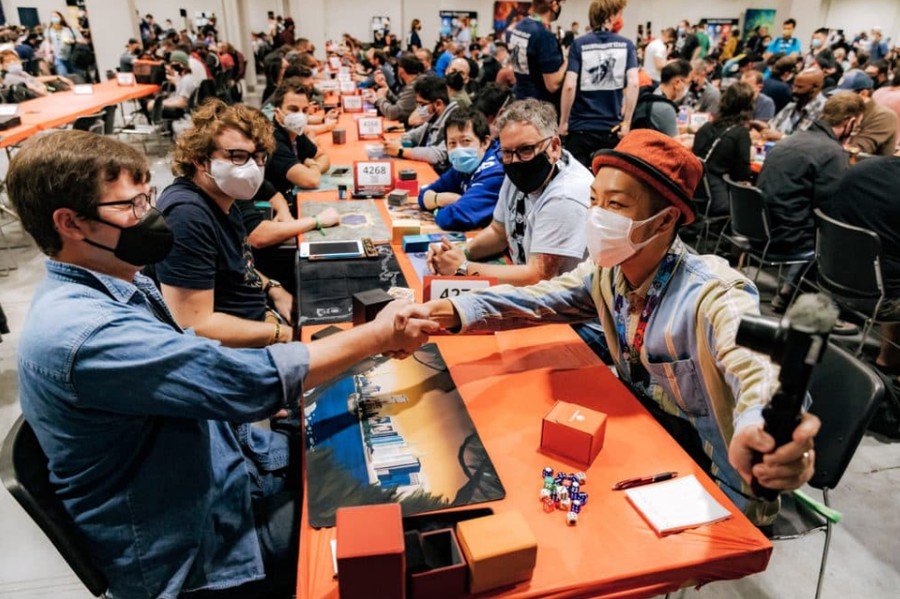
Have you Ever Faced a Cheater?
Have you ever been unfortunate enough to play against a cheater? If so, how did you deal with the situation? Comment your experiences down below and leave your suggestions on how to avoid cheating in matches!
Keep up with Magic: The Gathering's news, tips and reviews here at Cards Realm!
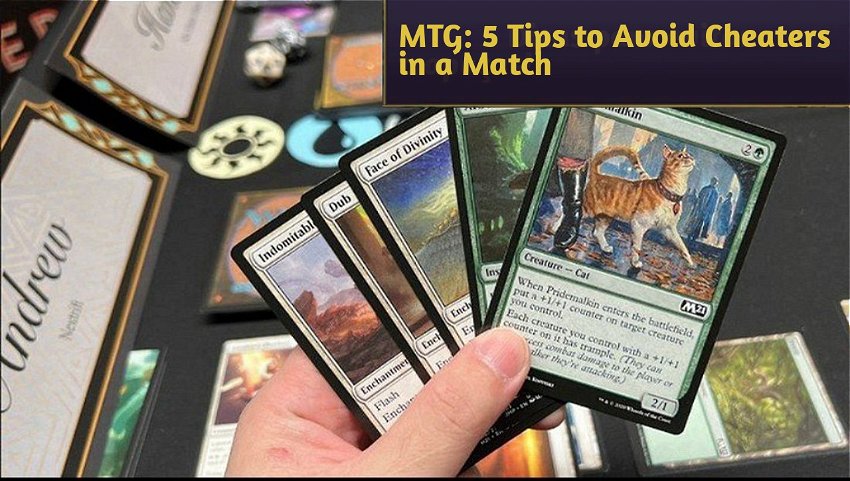



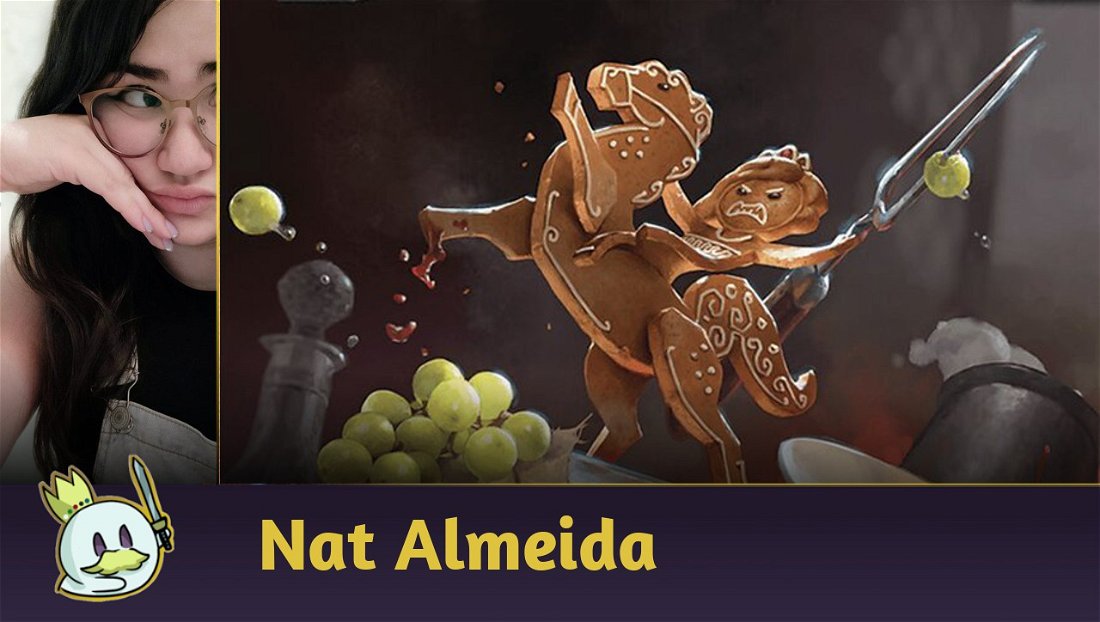
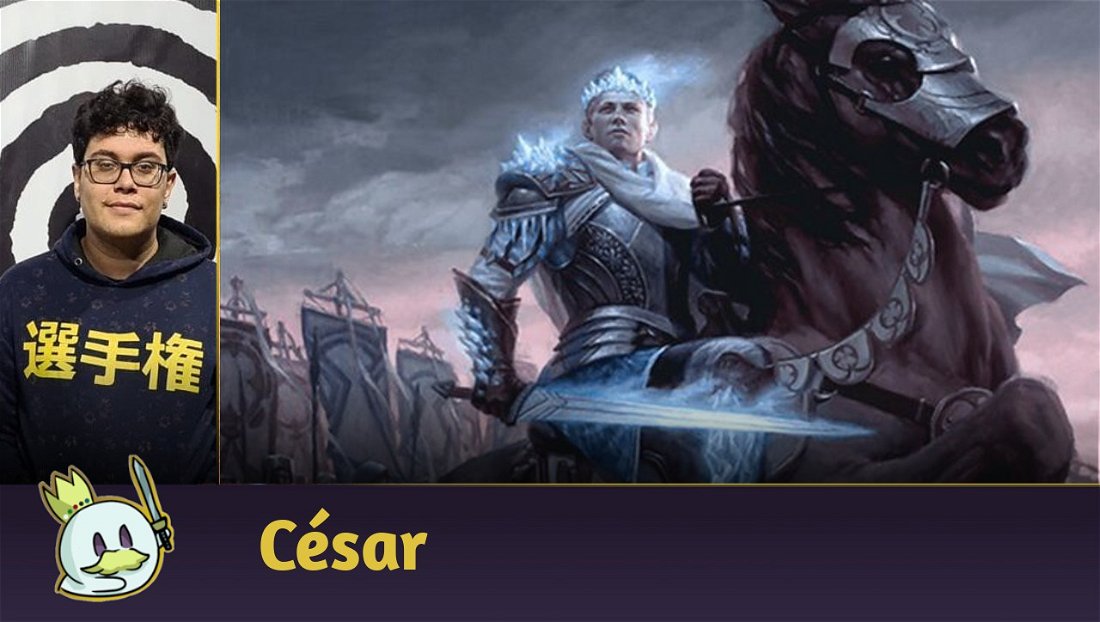



— Comments0
Be the first to comment